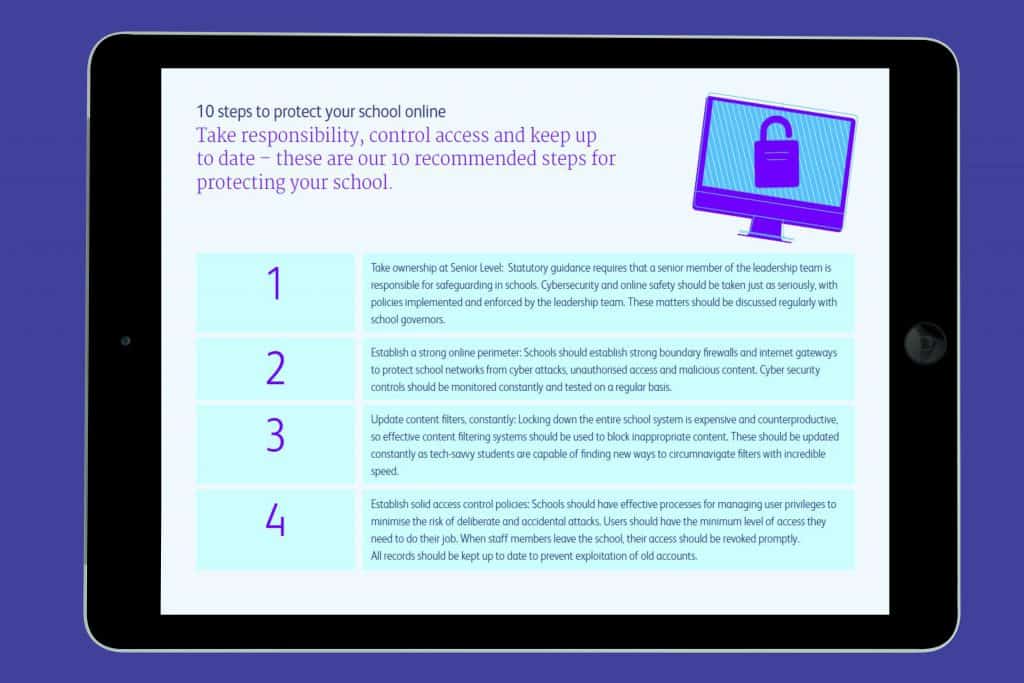Why do young people get into cybercrime?
As cyber skills improve with each generation, some young people find themselves in possession of a skill set which is not fully understood by the authority figures in their lives and which they may not have the maturity yet to manage responsibly by themselves.
Cybercrime is an attractive choice for some, with potentially large returns. A court has recently found an 18-year-old to be a part of an international cybercrime gang, responsible for hacking major tech firms and demanding millions of pounds in ransom.
While some young people enter into the world of cybercrime for the money, some find themselves involved purely out of intrigue, or lack of understanding of the severity of their actions.
Reasons young people commit cybercrime
- To ‘earn’ money
- Through recruitment and pressure from criminal networks
- To prove they can / testing their abilities
- To get kudos from peers
- Because of personal beliefs (which usually results in taking down specific sites)
- Because of boredom (closely linked to a lack of awareness of consequences)
How are they recruited?
With children aged 5-16 years now averaging 6.3 hours of screen time every day, the chance of meeting the wrong people and getting caught up in the world of cybercrime are higher than ever before.
Vulnerable young people can be recruited into criminal networks through social media sites like Reddit and Discord, as well as online games. Criminals will search for children to exploit by finding children that are skilled at these games – showing creative thinking and problem-solving skills, and encouraging them to ‘work’ for their gang.
They’re told that there are financial benefits and are taught related skills (if they don’t already have them). Often, they act as the “fall guy” for a larger group of criminals; for example, in transactional fraud, the fraudster will offer money in exchange for the victim’s PayPal account. The criminal then uses this account, along with stolen credit card details to perform fraudulent chargebacks. Since the account is registered in the name of the young person, they may be held responsible and prosecuted.
Others take a more active role in cybercrime, learning the skills to hack from online tutorials and message boards. They can then exploit the security systems of companies and take confidential information, which is used to create fake identities, or sold on.
How can we prevent cybercrime?
The key to preventing teens and young people from committing this type of crime lies in awareness of their computer usage. Increased screen time (particularly in private), money appearing from unknown sources, having multiple online accounts, and using new slang terms – might all be subtle hints they’re becoming involved in cybercrime. Talking to young people about the dangers and consequences in getting involved can help them to understand the very serious consequences, that they may simply not be aware of.
The cyber security industry is well-known to be suffering from a skills shortage, and the threat of cybercriminals has created a demand for people who understand how hackers think, can test a company’s systems and provide security solutions – ‘ethical hackers’. Young people interested in the online world should consider doing an apprenticeship or a degree, to transition their skill set to work within an official organisation, creating positive outcomes.
